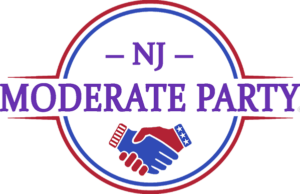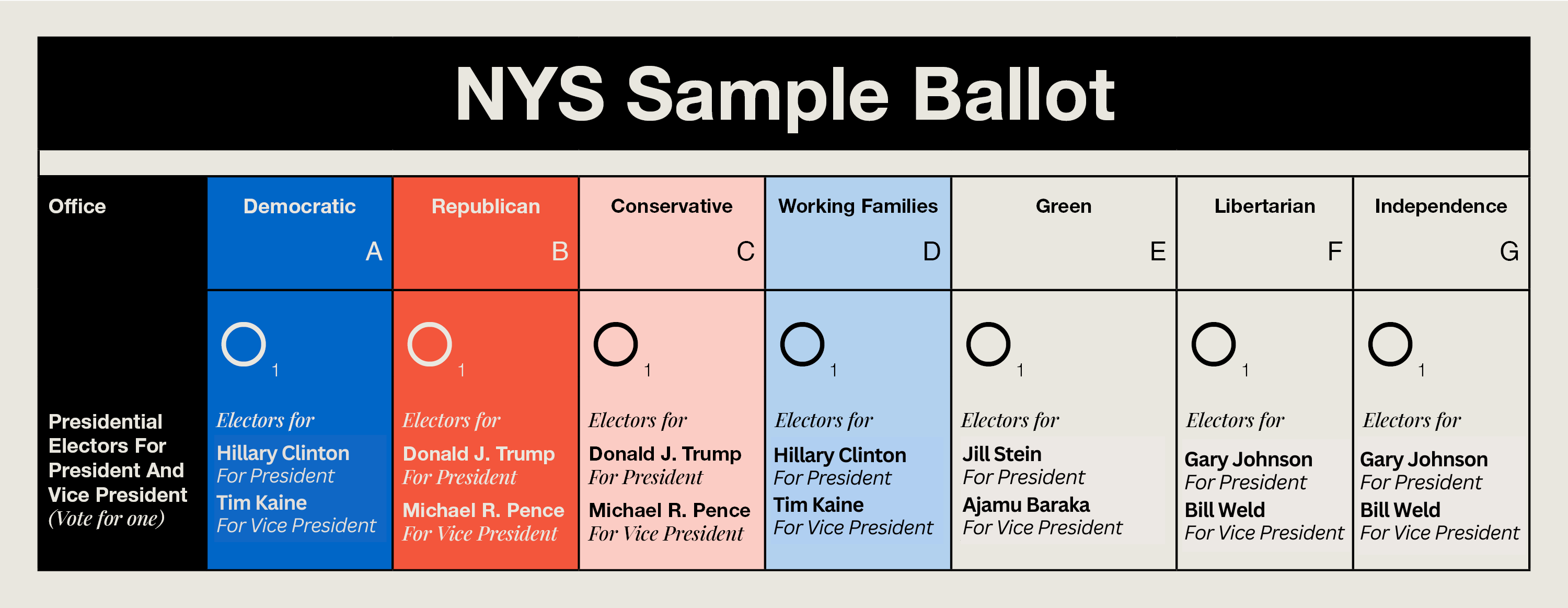Our Strategy
There are three paths to reviving fusion.
1) Successful litigation that results in a state ban on fusion being declared unconstitutional.
2) Passing a law through state legislatures.
3) Winning a citizen-initiated ballot measure.
We intend to travel all three roads.
None will happen overnight. Unfortunately, despite the relevance of fusion to the 2024 election, as a way of giving pro-democracy Republicans and independents a way to vote their values, and as a far more constructive way for third-parties to enter the process than the current efforts of No Labels and other independent candidacies, we aren’t going to be able to make fusion voting a significant factor in the short term. But we are paving our way forward nonetheless.
New Jersey
There is already an inaugural lawsuit to relegalize fusion working its way to the New Jersey Supreme Court. We’ve been collaborating closely with citizens in New Jersey who formed the Moderate Party in the spring of 2022, seeking to establish a new political home for Republicans, independents and Democrats who want to nominate candidates that best reflect their commitments to common-sense problem-solving, democracy and the rule of law. After they were blocked in their attempt to cross-nominate incumbent U.S. Rep. Tom Malinowski as their candidate, they sued, arguing that the fusion ban violates the state constitution’s strong protections of their rights of free speech and association. We are optimistic that the court will ultimately rule in their favor, hopefully by early 2024.

Michigan
The center is also working closely with the fledgling Michigan Common Sense Party, which formed in the spring of 2023. It is led by a former director of the state’s Republican party, and also backed by several top Republican office-holders, including two former Members of Congress. All of them no longer feel at home in the GOP, which in Michigan has been completely captured by antidemocratic extremists, but they also don’t identify as Democrats. As the Michigan Common Sense Party gets off the ground, it will also eventually seek to cross-nominate candidates and then will need to sue under their state constitution for redress. We will support them every step of the way.

Other States
The center is working with similar efforts in several other states where the language of the state constitution and the composition of the state’s supreme court combine to create a favorable legal environment. As those efforts take shape, we will update this page with new developments of note. Stay tuned.
The second road runs through the state legislatures. In some states, we are making the case that opening up the system to more parties is worthwhile. By giving voters who want more choices a constructive way to participate in the process, democracy in those states will be stronger and less polarized.
The third road runs through the twenty-three states that allow their citizens to put initiatives directly on the ballot. We are currently culling the field to the 2-3 most promising states for such an effort and beginning the research, legal drafting, organizing, media outreach, and popular education that is necessary to win any ballot measure.
Fusion is already thriving in two states
In New York and Connecticut, fusion bans were never enacted or upheld by state courts, and in both states smaller parties have long played a constructive role from the top of the ballot on down. In addition to ideological parties on the left and right, both states have had centrist parties in the past that took advantage of their state’s fusion systems.
In New York, from the 1940s through the 1980s, the Liberal Party was long a key player in national, state and local races, giving its endorsement to Democrats like FDR and JFK as well as Republicans like Jacob Javits, John Lindsay and Rudy Giuliani, providing them winning margins in several key elections.
In 1980 in Connecticut, Lowell Weicker created the “A Connecticut Party” in order to build a coalition of liberal Republicans, independents and moderate Democrats that won him the governor’s office and formed a working alliance that passed significant legislative reforms.
More recently, in New York, the Independence Party–an outgrowth of Ross Perot’s 1992 presidential campaign–played a valuable role in Mike Bloomberg’s 2001-2009 campaigns for Mayor of New York City.

That said, in fusion states, minor parties tend to fill gaps in the political spectrum. Since New York has long had two strong major parties that tilted towards the center, the Conservative Party on the right and the Working Families Party on the left had made the most of the availability of fusion.
